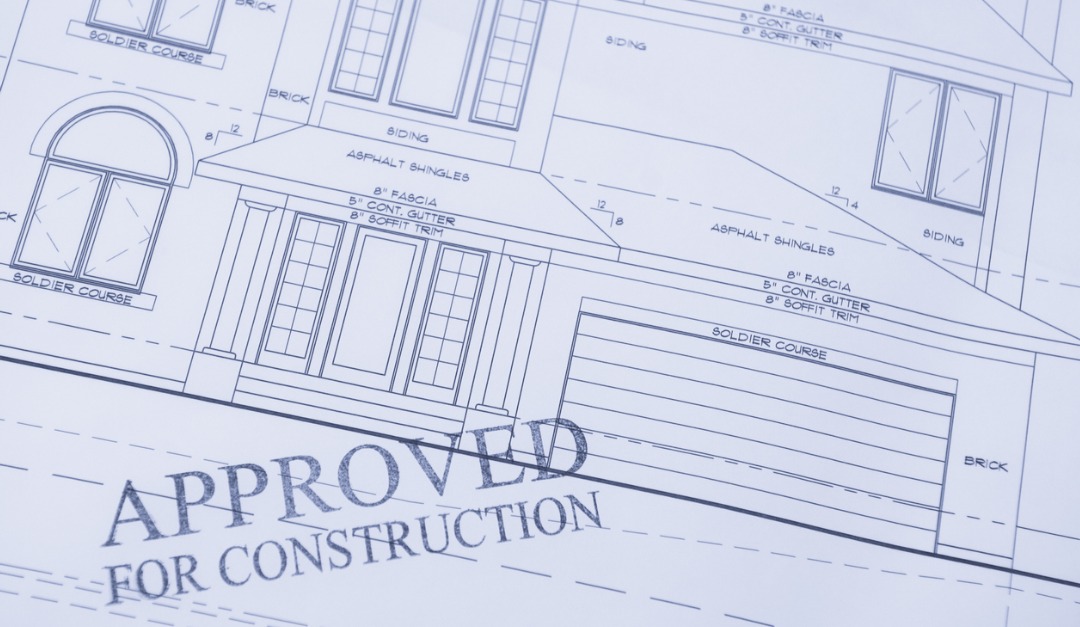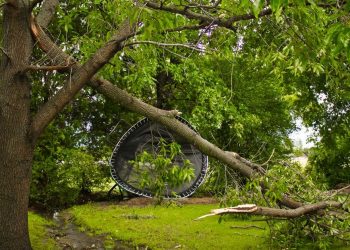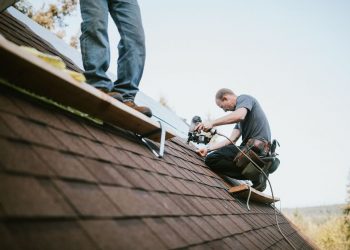Owning a home doesn’t mean that you can do whatever you want with the property. A house that you are thinking about buying can have one or more restrictions that can limit your options. It’s important to research the issue before you buy a house so you don’t wind up in trouble later.
Zoning Laws
Local zoning laws classify neighborhoods in categories, such as single-family residential, multi-family residential and mixed use. Zoning laws can restrict your ability to operate a business out of your home, build an addition, put up a fence, change the exterior color of the house, park a large vehicle outside, cut down trees or own certain types of animals.
Deed Restrictions
Deed restrictions, also known as restrictive covenants, apply to the deed of a property and can be enforced against anyone who owns the property. A developer will place restrictions on a property that goes beyond local zoning laws.
Restrictive covenants may apply to the overall size of a house, the number of bedrooms and exterior structures, the exterior color, the height of a fence, the number of vehicles an owner may have, the number and types of trees and other details.
Homeowners associations typically have a list of rules that all members are required to follow. These rules are often strictly enforced. Homeowners who violate them might be required to pay fines and make changes to bring their properties into compliance.
Deed restrictions are legally binding unless they are changed by a judicial ruling or the body that used to enforce them no longer exists or no longer actively enforces the rules. If you violate a deed restriction, you can be sued. If you fail to pay a fine and make changes to comply with the rule, you can wind up in foreclosure.
Easement
An easement grants a person or organization permission to use someone else’s land for a specific purpose. For example, if a driveway extends over the property line, an easement can give the owner of the house with the driveway the right to use a small strip of a neighbor’s land. An easement allows the local utility company to use a piece of private land to access a pole to maintain and repair electrical lines. It also allows other people to legally enter a property or limit the owner’s ability to renovate or plant trees if it would interfere with a neighbor’s rights. Some easements remain in effect after a property changes hands, but others don’t.
Understand Restrictions Before You Agree to Buy
Ask your real estate agent for information, check with the local clerk’s office or hire a title company to research the issue. Make sure that you understand the restrictions and their potential implications so you can decide whether or not the house is right for you.











